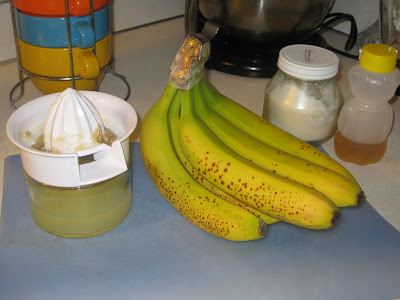1. Don’t eat anything that is white. Name every single food that is white and chances are you shouldn’t be eating it: bread, pasta, crackers, most cereals, flour based products, white potatoes, white rice, and pasteurized dairy and cheese are all no-no's during this time. (Healthy foods like cauliflower, chicken, turkey, fish, white pork are all exceptions to this rule).
2. Only drink water, NOTHING else! How about coffee? Just to keep any possible withdrawal headaches at bay, one small cup of organic black coffee. Can you add half and half?…Well is it white? Drink a minimum of 1/2 of your bodyweight in ounces of water each day (ex. If you weigh 200 lbs, you need to drink 100 ounces) to really see the fat fall off.
3. Don’t eat anything with the word wheat in the ingredients list. What if it’s whole wheat? Look, if the word starts with W and ends in T and has the letters h e a in between, you can’t eat it. This includes bread, pasta, crackers and cereal. Many packaged snack foods also contain wheat so be sure to read the ingredients list carefully.
Apply these easy fat loss rules to your own eating plan for the next 2 weeks and you will be seeing some amazing fat loss results in no time.






